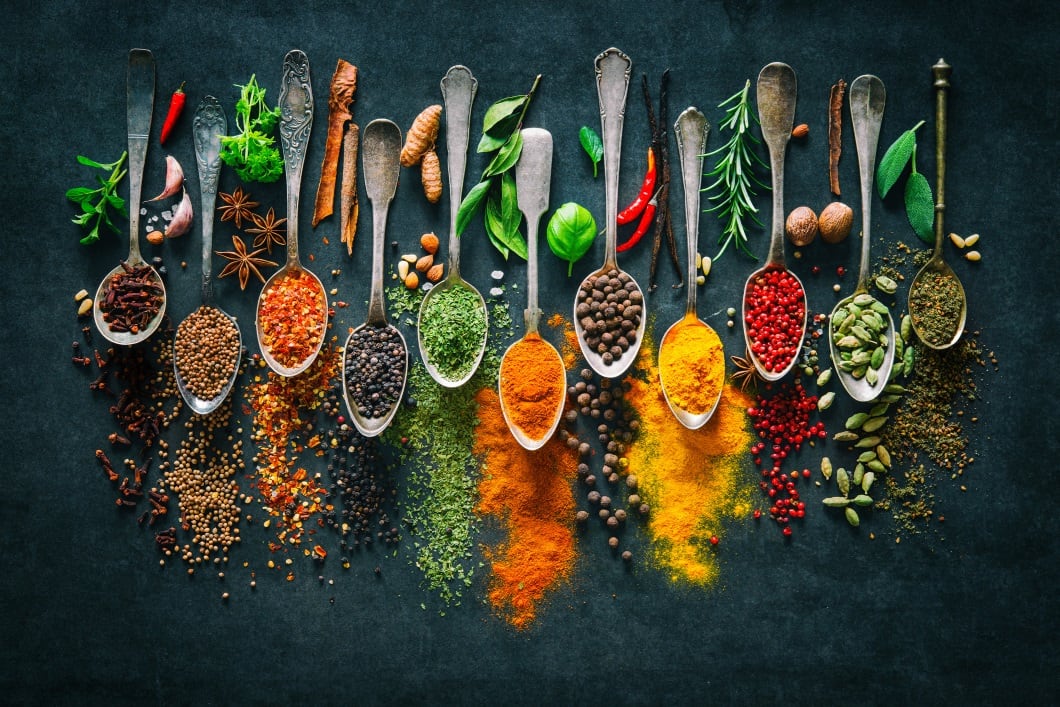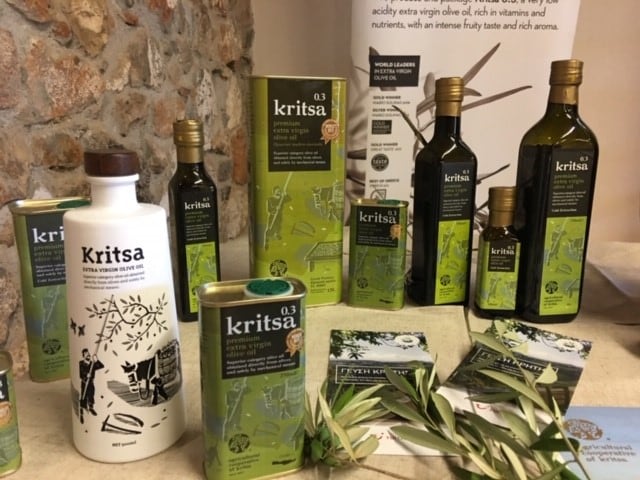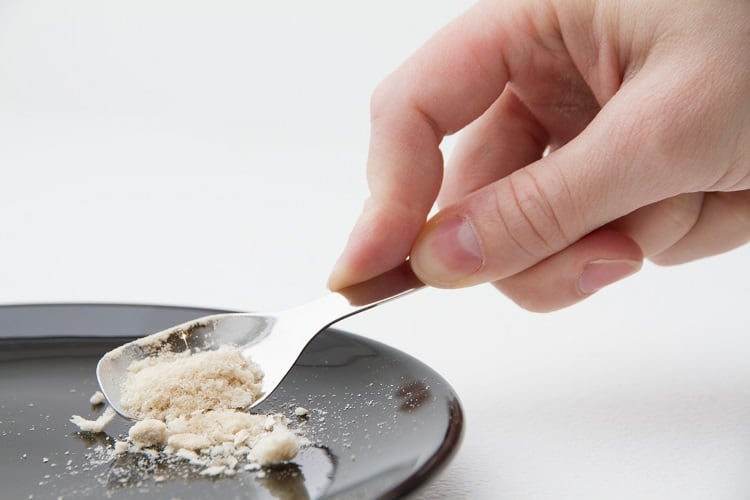Consumers are placing more emphasis on what is in their food and how it is processed. Increasing attention is being paid to product labelling and ingredient choice, giving rise to the clean label trend.
But the meaning of ‘clean label’ is unclear for consumers. “Clean label is a term used only in the industry. Consumers don’t know what you mean when you say clean label. They look for products with short ingredients lists, without too many E numbers,” DuPont’s head of sustainability, Mikkel Thrane, explained.
According to a recent survey from Kerry Group, the term ‘natural’ seems to inspire the ‘greatest confidence’ among clean label consumers, despite the vagueness of the actual claim. Consumer definitions of natural typically focus on the origin of the raw material and the processing that it undergoes.
Kerry’s research noted manufacturers are ‘working hard’ to catch up to clean label demand. Between 2012 and 2016, Europe saw clean label launches grow from 19,974 products to 30,774.
But does this drive for ‘natural’ products have unintentional consequences for nature? There is, after all, only so much land and other natural resources available for food cultivation. Is a rejection of synthetic ingredients and science-driven processing problematic for the sustainability agenda?
Ever-growing demand is difficult to sustain
According to Dominique Delfaud, marketing, sensory and consumer research head at French flavours house Mane, there is something of a conflict between the drive for natural products and needs of the natural world.
“By 2050 the world population is expected to reach 9 to 10 billion people. An ever-growing demand for natural vanilla or natural strawberry flavours will be difficult to sustain,” she told FoodNavigator.
Pointing to vanilla as an example, Delfaud noted that the price of vanilla beans has multiplied by 20 times in the past five years. “We are already witnessing tensions on some critical crops such as vanilla, threatening to destabilise the economy of producing countries and shatter continuous efforts to establish sustainable supply chains,” she warned.

Jim Hamernik, Flavorchem director of R&D, agreed that there is a tension between the availability of natural resources, such as vanilla, and consumer demand for clean ingredient lists.
“There is a growing demand for natural ingredients and limited supply of certain crops and ingredients. This has been especially evident with ingredients such as vanilla beans which are susceptible to natural disasters and artificial price manipulations," Hamernik noted.
Flavorchem has addressed the need for cost-reducing alternatives to vanilla by creating natural vanilla extract enhancers. This solution does contain real vanilla and can be used to simulate, replace or enhance the performance of pure vanilla extract. They offer an ‘authentic’ taste, supply stability and consistent quality, according to the company.
Mane’s Delfaud also stressed that a ‘scientific approach’ has enabled the company to deliver ‘the right natural taste and aroma’ in a sustainable manner. “Only through the application of a comprehensive scientific approach will the industry be able to deliver consumer products at affordable prices [and] outstanding quality while protecting the planet.”
Mane has developed its outlook based on the concept of ‘green chemistry’, which was first coined by US chemists Paul Anastas and John Warner. They established 12 principles to focus on when designing chemical processes, inducing energy, waste, safe solvents, and renewable sources.
“This is the best synergistic approach involving multifunctional expertise on extraction, biotechnology, encapsulation, formulation, processing, packaging, nutrition, waste management and many other disciplines,” Delfaud claimed.
Food science answers environmental concerns
Delfaud acknowledged that European consumers are somewhat sceptical about the use of science-based processes in food production. Nevertheless, she insisted that food science will be key to solving the environmental and social challenges faced by the sector.
“Western consumers have been going through a long period of doubt regarding industrial food processing and so-called progress brought by science and technology. Nevertheless, food science continues to advance and is put at the service of our environmental and social challenges.”
She believes that ultimately the benefits of a scientific approach will win over consumers. “Through a consistent, clear and transparent communication effort from the different opinion leaders, academia, public authorities, industrials, media, we should be able to improve the understanding and support from the general public. Green chemistry is a great advance in the direction of sustainable food and flavour manufacturing.”
Dr Matin Qaim, a professor at the department of agricultural economics and rural development at the University of Goettingen, concurred that the demand for food that is seen as natural can inhibit innovation in technologies with potential sustainability gains.
This includes research in the area of gene editing and GMOs, which face strong consumer and regulatory opposition in Europe.
“Genetically engineered (or gene edited) crops could not only help to increase and stabilize yield, but these technologies could also help reduce the use of agrochemicals and make plants more tolerant to various climate stresses,” he told this publication.
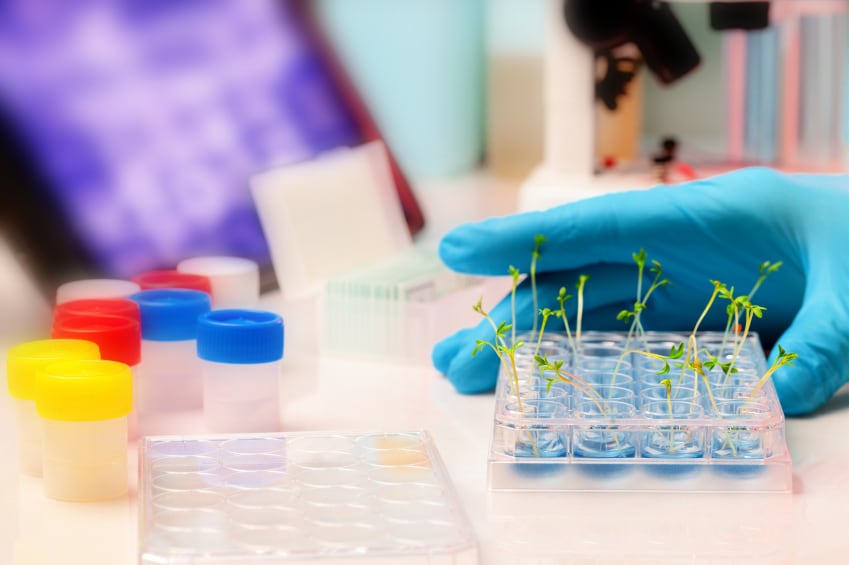
He noted that these technologies should be used in combination with good agricultural practices. “But gene edited crops (or GMOs) should not be used to substitute for other innovations and good agronomic practice (such as proper crop rotations, soil management etc.). Breeding innovations need to be combined with good agronomic techniques to develop and implement sustainable food production systems.”
This would enable food producers to grow more food with a lower environmental impact, he suggested. Negative approaches to GMOs in Europe are shaped by ‘prejudices rather than science’ and are ‘inhibiting sustainable innovation’, he suggested.
For Dr Qaim, increased communication with consumers needs to be part of the answer. “More and better communication is definitely needed. Unfortunately, many of the environmental and consumer-oriented NGOs, which are widely considered as trustworthy sources of information in the wider public, have decided (long ago) to be against gene edited crops and GMOs with very effective campaigns.
“This really complicates science-based communication. How do you change the mind of people or consumers who have been convinced that GMOs are evil for so many years? Not an easy task.”
Finding areas of synergy
If communication to highlight the benefits of a more scientific approach could go some way to help consumers overcome their preoccupation with ‘naturalness’, finding areas where science, sustainability and clean label trends converge will also yield benefits.
DuPont has established a clean labelling hub with the aim of achieving just that, the company’s global sustainability head told FoodNavigator.
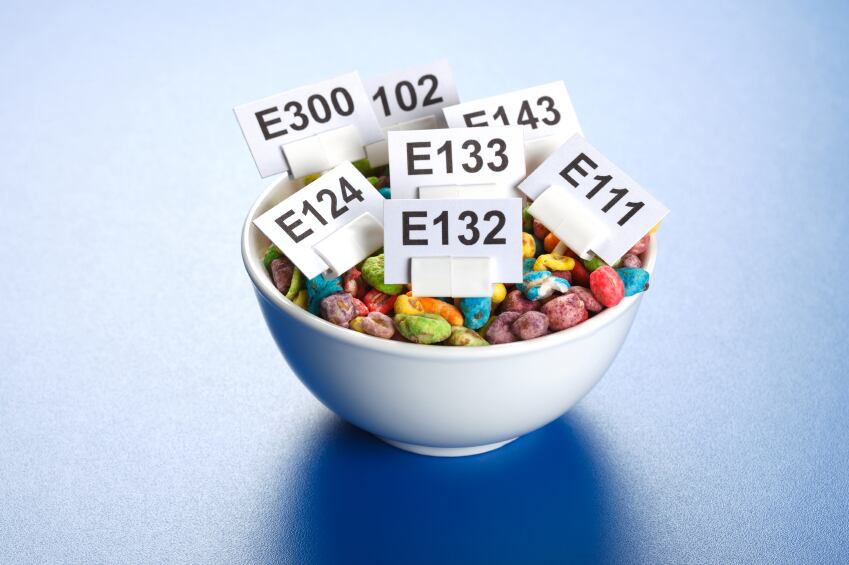
“We are trying with this clean label initiative to promote things that the consumers look for, that are clean label, but also at the same time sustainable. It is not always the more sustainable choice to go natural or avoid the E number. We try to look for products that have a synergy between sustainability and clean label,” Thrane explained.
This can involve using more of the raw material to deliver a clean label ingredient and side stream utilisation is one area that the hub is working on in line with circular economy models. Clean label solutions that boost shelf life are another of interest where DuPont believes it can bring innovative solutions such as bacterial protective cultures.
“We see there is a huge potential in good bacteria to give the same or similar shelf life… Bacteria is a huge business for us in probiotics. But we are also looking at bacteria as a tool to extend shelf life and replace some of these chemical preservatives.
“Sometimes clean label and sustainability can be contradictory. That is why we should strive to look for areas where there is synergy in the future.”
FoodNavigator is hosting a Clean Label 2019 online event on Tuesday 24 September.
Clean eating remains a key influencer in product development. And clean label, which is associated with an understandable ingredients list, is perceived by many as ‘natural’ and better for you.
While the clean label movement continues to shape innovation in the food sector, FoodNavigator wants to put conventional wisdom to the test, asking whether clean label products are in fact healthier. We will examine innovations driving improved performance from clean label ingredients. And consider just how much shoppers care about the pack of pack small print.

